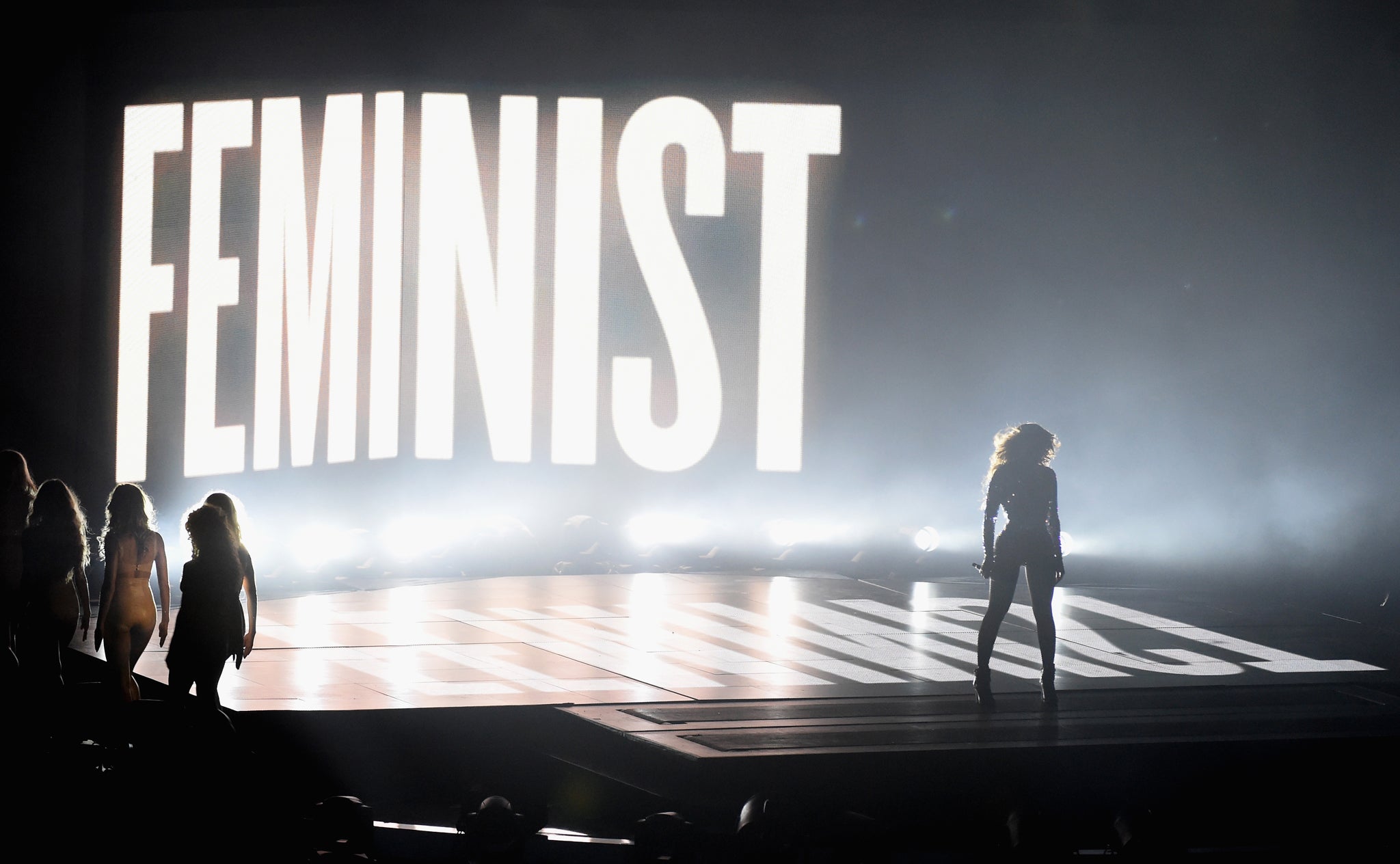No wonder David Cameron wouldn't wear the 'feminist' t-shirt when the UK is such a terrible place for gender equality
The latest World Economic Forum report throws mud on the assertion that Britain no longer has a problem with sexism


So now we know why David Cameron refused - five times, no less - to wear a Whistles t-shirt bearing the slogan ‘This is what a feminist looks like’. Today we learnt that the UK has dropped out of the top 20 countries worldwide for gender equality. Research provided by the World Economic Forum shows that the UK is now ranked 26th in the Global Gender Gap Report, down from 18th place. No wonder he didn’t leap at the photo opp.
The report measured the number of women in senior roles, ratios of women in the workforce, and wage equality for similar work done by male employees. The UK stands behind Iceland, Finland, Norway, Sweden, Rwanda, Nicaragua, and the Philippines in terms of gender equality.
This is beyond disappointing; it’s completely unacceptable. But somehow, I’m not in the least surprised.
The WEF report throws mud on the assertion that Britain no longer ‘needs’ feminism, and no longer has a problem with sexism and gender inequality. The statistics speak for themselves. The pay gap between men and women now stands at 19.1 per cent for all employees, according to a 2014 study by the Fawcett Society. They estimate that more than 820,000 women have moved into low paid, insecure jobs since 2008, and one in eight women in low paid jobs are on a zero hours contract.
Some more figures, for you. There are currently 148 female MPs in Parliament; compared to 501 male MPs. Cameron’s cabinet currently contains five women and sixteen men (not including the PM himself). An extensive BBC Sport study found that 30 per cent of sports reward men more highly than women in terms of prize money. The biggest disparity comes in the Football Premier league where the male team are given £22 million in prize money, while women win no money at all.
I was recently invited to speak at the Battle of Ideas, at London’s Barbican. After my own panel was finished, I watched a debate called ‘Hashtag Feminism’. During the section where members of the audience were able to ask question, one man stood up to inform us all that women are underrepresented in engineering because “maybe they just don’t like it or aren’t very good at it”.
Another man urged the audience and panel to “respect the choice of women who pick low paid jobs”. He went on to explain that his father worked in the City, and therefore his mother didn’t really need a proper career.
These misinformed and highly sexist attitudes regarding women in the workplace give some indication of how deeply rooted the issue of gender inequality is in Britain. It’s sad to see that the old myths of “women just don’t want to work in male-dominated industries” and “women don’t need well-paid careers as long as they find husbands who work in the City” are still being perpetuated, when the pay gap yawns and women are overwhelmingly funnelled into poorly-paid roles.
Feminism might be trendy right now, endorsed by everyone from ELLE to Emma Watson, but it’s also necessary. Britain’s slip to 26 place worldwide for gender equality is testament to this.
The upsurge in the popularity of feminism has given rise to a worrying backlash from men’s rights activists, from the poisonous misogyny of the #GamerGate movement, and from all those anonymous internet users who spend their (seemingly unlimited) free time attempting to break the spirit of any woman in public life who dares to speak up.
The pay gap is one of the cornerstone issues of second wave feminism and the battle is sadly not yet won. Cameron was right to reject the ‘this is what a feminist looks like’ t-shirt. The UK’s poor ranking for gender equality, assessed under his administration, demonstrates that he simply has not earned the right to wear it.
Join our commenting forum
Join thought-provoking conversations, follow other Independent readers and see their replies
Comments
Bookmark popover
Removed from bookmarks